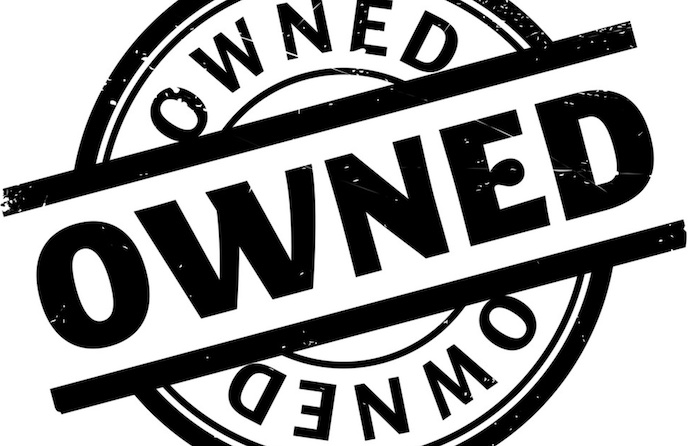Not literally, of course, as that would be both unethical and illegal. But, this is a useful framework for how you can best understand how to maximize your earning potential. The more hands that a process has to pass through, the more hands it has to pay. If you can eliminate as many of the middlemen as possible without tragically destroying the overall experience and final product, it can be a very fruitful and profitable endeavor indeed.
In the context of blogging in particular and online content creation in general, you can think about this “own the customer” mentality on two fronts. This is because, depending on how you look at it, you have two customers: the advertiser and the reader. Let’s dive in a bit deeper.

Own Your Advertiser
As much as you may have other motivations behind running a blog, like how it might be something you just enjoy doing or you want to have a platform to voice your opinion, let’s be perfectly honest with ourselves. We want to make money doing it too, and that means you need to have some sort of monetization model. This typically involves advertising.
Years ago, John decided to stop running Google Adsense on this blog. While it is true that Adsense is easily one of the easiest and most accessible ways for anyone to monetize practically any webpage on the Internet, it necessarily means that Google is taking a cut of the profits. When you cut Google out of the equation, you can take the whole pie for yourself, at least in theory.
Even if you do decide to keep Adsense running, you may not want to run Auto Ads. The autopilot setup may sound appealing, but it inherently comes at a cost, both in terms of money and in terms of control. To this end, you should work toward “owning” the advertiser as your “customer.”
This could mean working directly with companies on sponsored or branded content. It could mean selling your own products and services. Whatever the case, you’re taking the middleman out of the equation and owning a more direct relationship with the advertiser who’s actually paying for the advertising space.
Own Your Reader
You may have seen some variation of this message before. As a Facebook user, you are not the customer, because you’re not the one spending the money. Rather, you are the product, and your attention is being sold to the advertisers who actually pay to be on the platform. On some level, this is true. But, at the same time, it’s important that you treat your readers (and followers) as if they were your customers, because that’s a relationship worth nurturing too. No readers, no advertisers, no money.
This isn’t necessarily to downplay the value of social media — it pays to be where your readers (customers) already are — but it’s also true that you are not at all in control of what happens on Instagram, Facebook or Twitter either. You’re just renting the space.
At the end of the day, you’re at the mercy of their algorithms and your organic reach could evaporate into nothing tomorrow. The same is true when you put too many eggs in your SEO basket. Whenever Google decides to update its search algorithm, your search rankings could plummet, taking your page views and ad revenue with it.
More and more, it’s becoming increasingly important to own the customer in terms of owning the relationship you have with your readers. This might mean setting up some form of membership or login system. This might mean putting more resources toward building and nurturing a mailing list. Maybe you have some other means of direct communication, like notifications. Either way, that connection needs to be more direct if you want to reap all of its benefits.
Own Your Business

It’s your blog. It’s your business. So, treat it accordingly. While there will always be value in utilizing third-party services and third-party platforms, it may be even more valuable to have more control over the relationships you have with both your advertisers and your readers.
What are you doing to own the customer?
